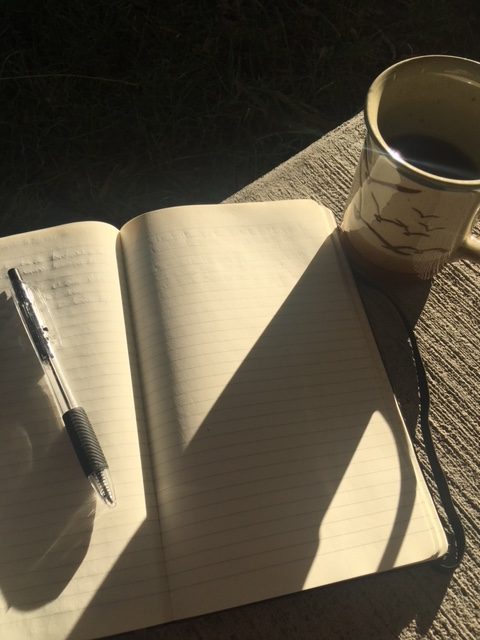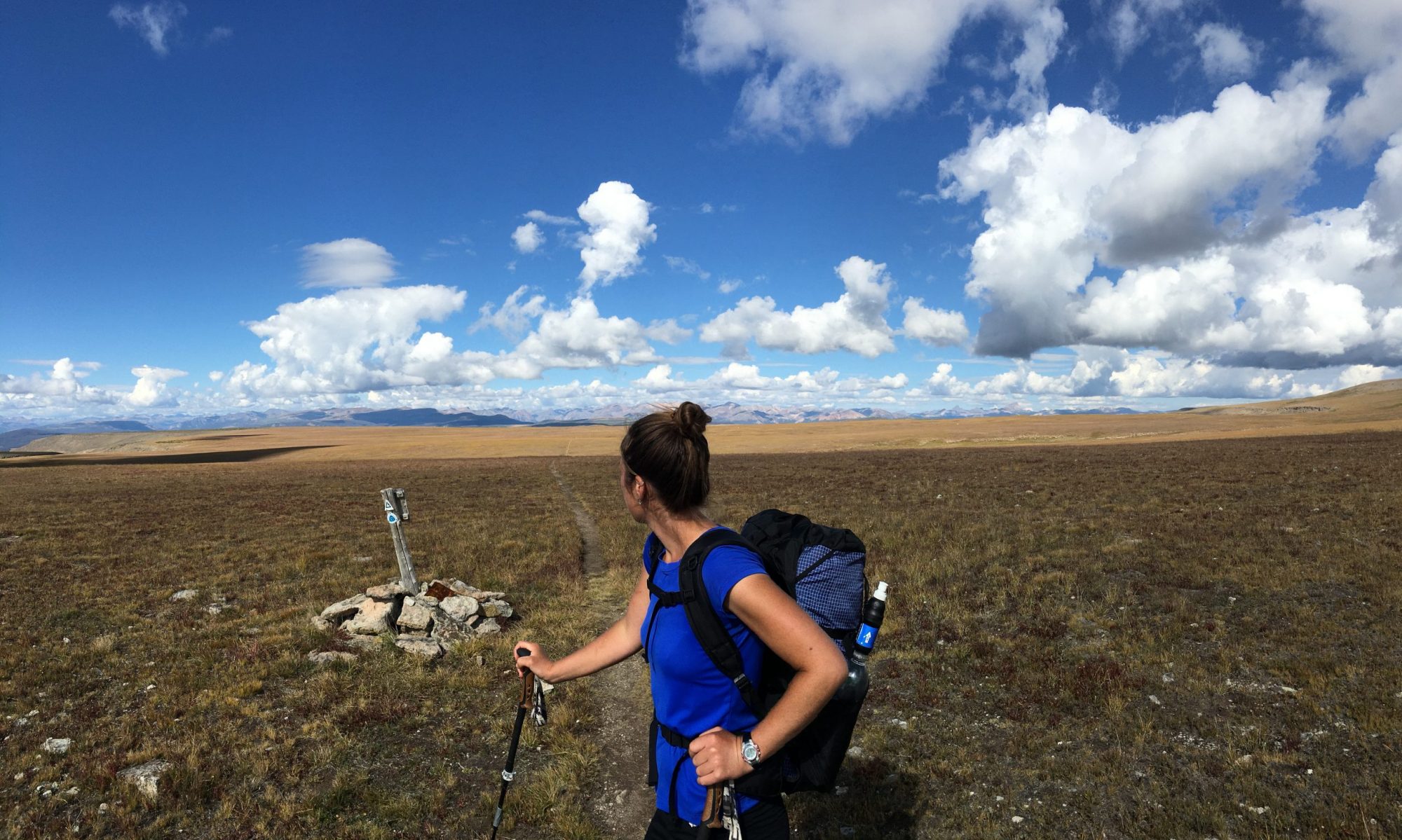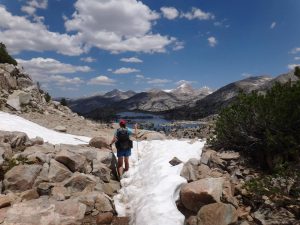Best Practices for Managing Holiday Stress
The holiday season is portrayed with images of families gathered around a heaping harvest table, boisterous office parties, and gifts galore. However, the less often discussed reality is that the holidays are a time of anxiety, overwhelm, and stress for many. Likely, none of us has been immune to the pressure to get the right gifts, make the perfect meal, and attend every event.
The bad news is that the bustle of the season is unlikely to relent. The good news, however, is that you get to choose how to respond to the seemingly endless demands on your time and energy. With a bit of awareness and the following practical tools at your disposal, the holidays can be what they are meant to be: a time of joy, gratitude, and connection, rather than a flurry of stress, fatigue, and burnout.
Use the following practices to remain grounded and happy this holiday season.

Prioritize Self Care
During a time of year when much of your focus is on giving to others, don’t forget to give to yourself too. The most powerful gift is self-care in the form of good nutrition, movement, and sleep. Focus on whole foods and keep sugar consumption in check. Aim to fit in daily exercise, whether it’s a 30-minute walk in nature, a gym session, or another favorite activity. Put it on your calendar and make this time non-negotiable. Similarly, block out 8 hours for sleep nightly and create an effective bedtime routine.
Maintain a Daily Gratitude Practice
In addition to keeping the physical body functioning optimally, don’t forget to nurture your mind and spirit. Practicing mindfulness meditation or spending as few as 10 minutes per day writing in a gratitude journal can profoundly shift how you interpret any stressful events that may arise. Not only does gratitude reset your stress response by shifting you into a parasympathetic state, it reconnects you to what truly matters to you.

Plan Ahead
Holiday overwhelm often stems from the feeling of having too much to do with not enough time or not enough money. Prevent these feelings by taking time now to review your finances and creating a realistic budget for the holidays. Seek out alternatives to traditional gift-giving, such as homemade gifts, upcycling, or creating an experience rather than purchasing an item.
Similarly, before the season is in full swing, pull out a calendar and schedule events which are non-negotiable. Be realistic with what you can attend and accomplish. Evaluate what truly matters and what can go by the wayside. Discerning the vital tasks from the trivial ones helps you determine where your energy will be most effective.
Ask for Help
Remember that you don’t have to go it alone. Identify which tasks you can delegate and to whom. More than likely, the people in your life would be happy to support you. You just have to ask (nicely).
Let Go of Perfectionism
When you commit to doing everything flawlessly, it can keep you from getting anything done at all. That only leads to overwhelm and more stress. Remember, done is better than perfect. No one is going to care (or even notice) if the centerpieces don’t match the napkins perfectly, if you don’t have nine different types of dessert, or if the gifts aren’t impeccably wrapped.

The true essence of the holidays is gathering with loved ones and experiencing gratitude for our many blessings. Keeping holiday stress at bay allows you to be fully present and enjoy this special time of year, so that you avoid waking up on January 1st wondering where the last two months went.
Like what you’re reading? Sign up for our newsletter here and be the first to know when new posts are published!




